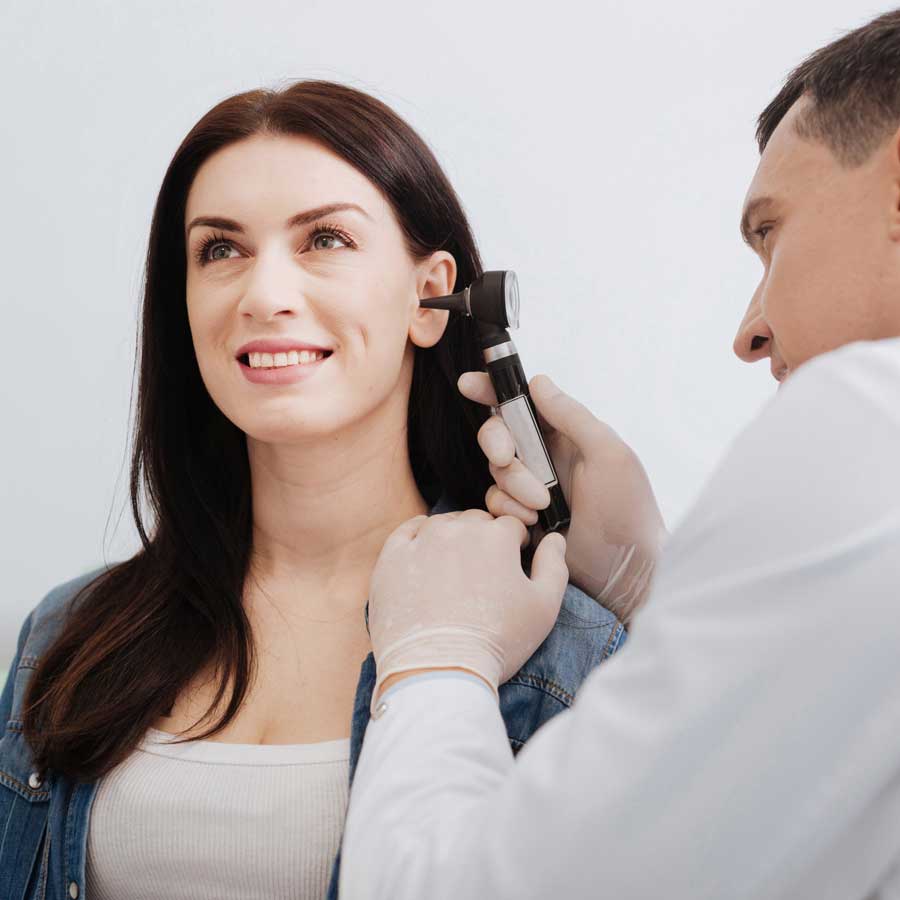Aural Rehabilitation in Scottsdale, AZ
Sometimes hearing aids are not enough to help you hear your best. At Platinum Hearing we also use aural rehab to help reconnect you to your world. Aural rehabilitation can be a great addition to your hearing health plan and help you fully reconnect to your world better than devices alone.
What Is Aural Rehabilitation?
How Is Aural Rehabilitation Different from Hearing Aids?
Hearing aids can be a part of aural rehabilitation, but they are just one piece of the puzzle. Even if you already have hearing aids, aural rehab can help you make the most of your existing hearing aids.
First, we will do a full hearing assessment and find out what your needs are in terms of the devices you already are using and how they are working for you. Then we will find out specific circumstances that are frustrating to you, even with your devices.
What Types of Treatments Does Aural Rehabilitation Provide?
Once we understand what your pain points are, we can better help you navigate these frustrating situations. We will first educate you about your particular type of hearing loss and what we recommend to help. For a comprehensive aural rehab program, we use a combination of the following treatments:
Aural rehabilitation is custom-tailored to your needs, so everyone’s plan looks different. For some people, it can be just a few weeks or a few months. This is usually the case if you have mild to moderate hearing loss who can adapt well to your hearing aids and new communication strategies. For others with more complex hearing loss or who are new to hearing aids, aural rehab can last a few months to a year. This is especially true if you are learning to use cochlear implants or if you need extra help learning how to navigate background noise.
The goal for rehab is to maximize your personal communication abilities and overall quality of life. The process can evolve over time as you become more used to your hearing devices, gain confidence in communication skills, and adapt to different listening situations. We’re here to help you be your very best.
Get the most from your hearing aids with Aural Rehabilitation in Scottsdale. We are not just hearing aid salespeople. Our goal is to help you reconnect to your life and hear your best in all situations. Aural rehab is a great tool to help you get the most out of your hearing aid devices and your life.
Want to maximize your ability to hear well and connect to life in any situation? Find out if aural rehab is right for you. Give us a call!
